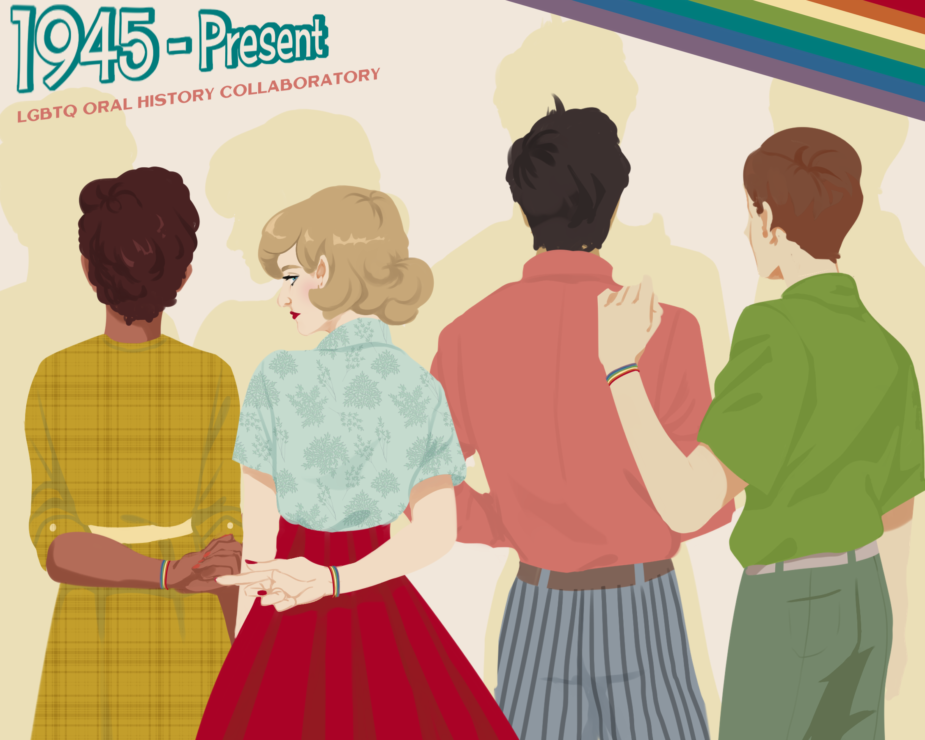The faculty’s newest course offers hands-on research assistant experience for new students

This fall term, 20 humanities students were the first to get hands-on research opportunities through the faculty’s newest seminar: HUMA 295: Discovering Humanities Research.
“I’m a firm believer in experiential learning,” said UVic linguistics professor and Humanities Associate Dean of Research Dr. Alexandra D’Arcy. “I’ve always believed that the best way to learn and to figure out how theory applies in the real world is to actually carry out the research yourself.”
D’Arcy, who teaches and helped create the course, seeks to introduce first-year students to the interdisciplinary and multidisciplinary nature of humanities research through a focus on experiential learning.
What separates the course from many others in the humanities is its research practicum. Students in the sciences and social sciences often have more hands-on learning opportunities, such as labs. But at UVic, D’Arcy says those opportunities are more rare in the humanities.
HUMA 295 offers nine different Social Sciences and Humanities Research Council-funded projects for their students to pick from. These projects come from a variety of different departments within the faculty such as Gender Studies, Greek and Roman Studies, Linguistics, Medieval Studies, English, and many others. Students get the opportunity to pick their top three placements from the list of projects and hope for their first choice. Once accepted, students work alongside their primary investigator as a research assistant for 10 hours of research work.
Alongside the practicum, students also get the opportunity to hear from 14 different guest lecturers during class time and are asked to interview three other faculty members about their work. In total, these 20 students get the opportunity to engage with roughly 60 members of the Faculty of Humanities.
The course aims to help humanities students “see and appreciate the multidisciplinary disciplines of humanities and what humanities are really about at their core,” said D’Arcy.
“You can say to someone that humanities are about exploring what it means to be human but that’s really difficult to put into context … being able to translate the value of the humanities outside of the humanities is perhaps one of the most important skills of a contemporary academic.”
Though originally set as a one-time seminar, the course has recently been confirmed by an internal humanities committee to be regularized. The course will be renamed “Exploring Humanities Research,” and will be renumbered as HUMA 180. However, the new course will not be open to everyone. Due to its required resources and small class size, the course will be restricted to students entering the university with an average of 90 per cent or above.
But don’t let that get you down. D’Arcy claims that, “the desire is to open up other pathways into the course [moving forward].”
The course is only possible due to the generosity of researchers in the humanities, who have welcomed students in and made space for them on their projects. For D’Arcy, one of the unique aspects of the course is that it exposes students to how academic work in the humanities applies to everyday life.
“What I find most exciting about HUMA 295 is the way it exposes students to so many ways of thinking about what it means to be human and … it makes them think about how to situate and embed that question in broader societal concerns and issues.”
“So that [students] see that the relevance of the humanities is both richly scholarly and academic but that it’s also profoundly public in that they have resonance in the everyday, quotidian aspects of being human.”






